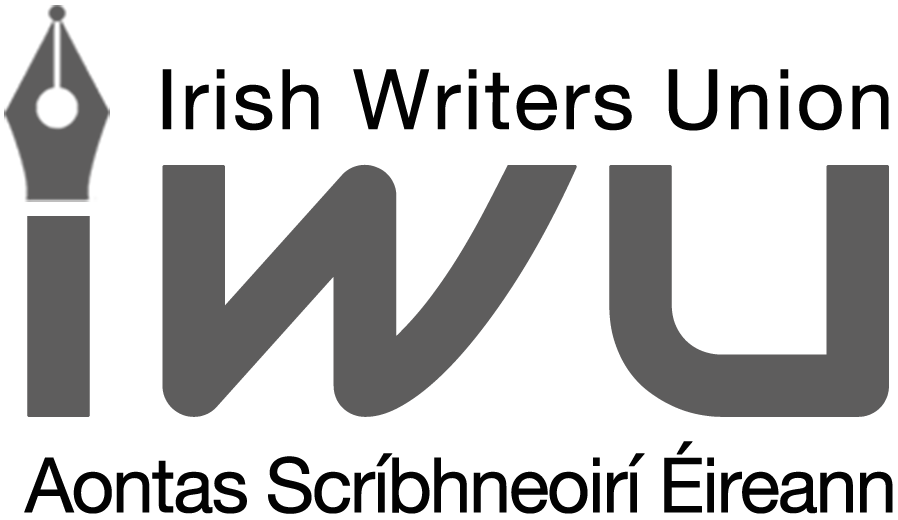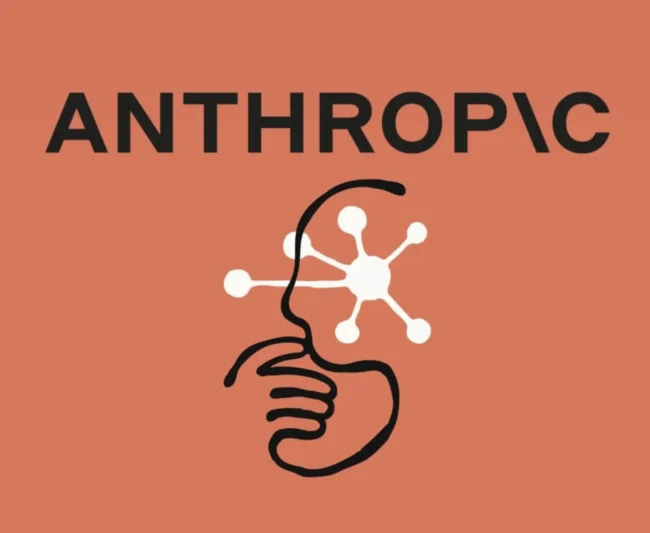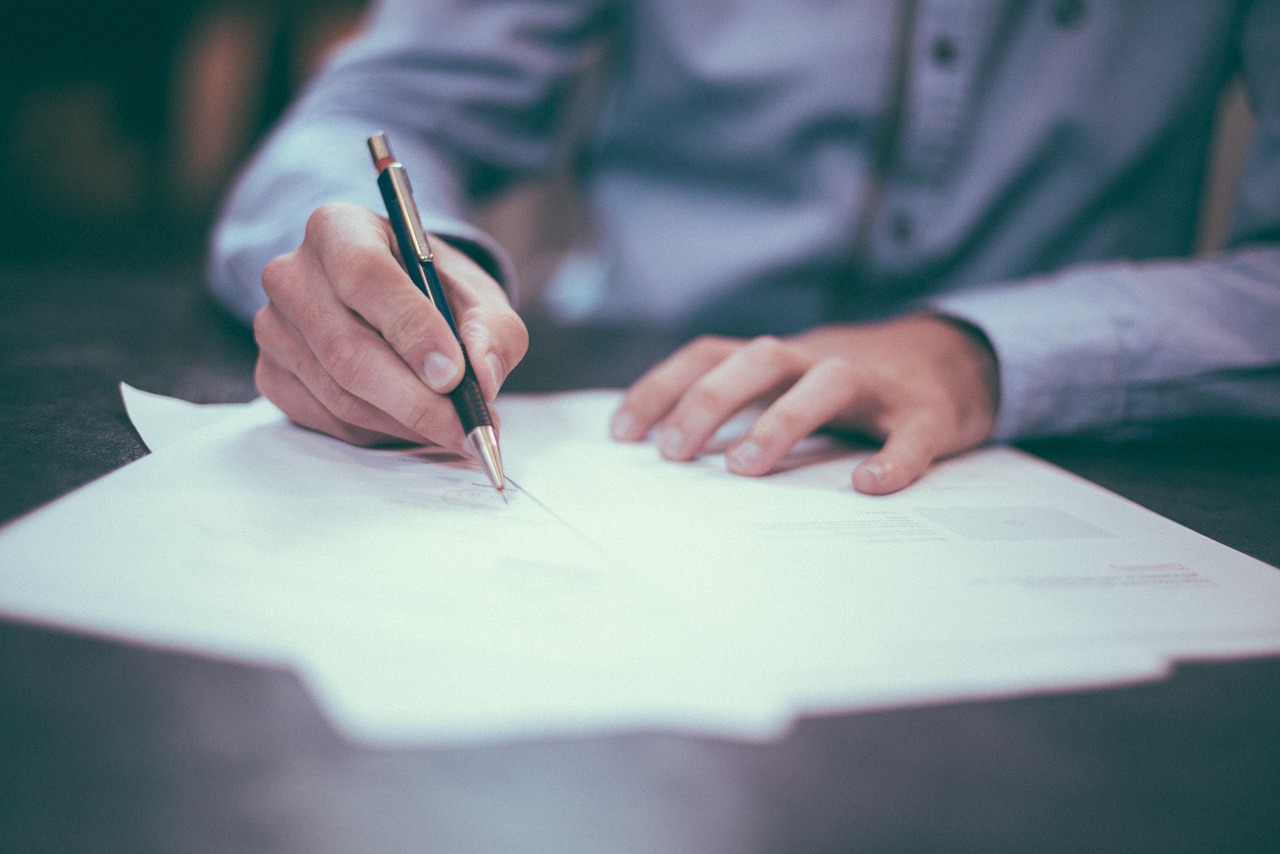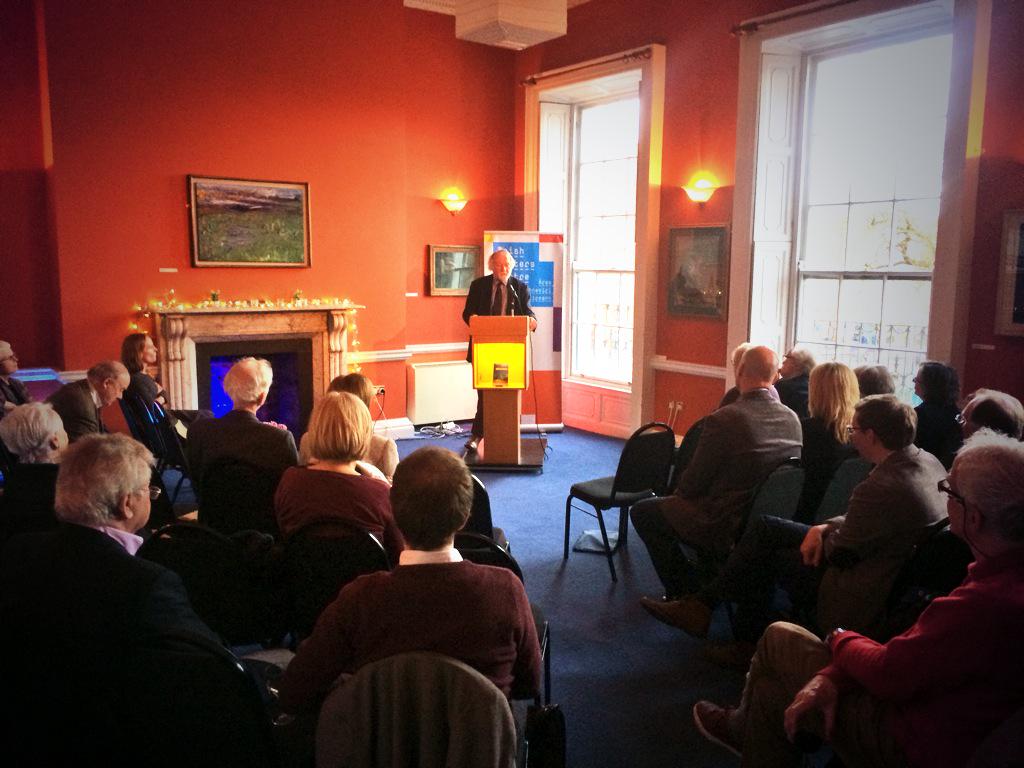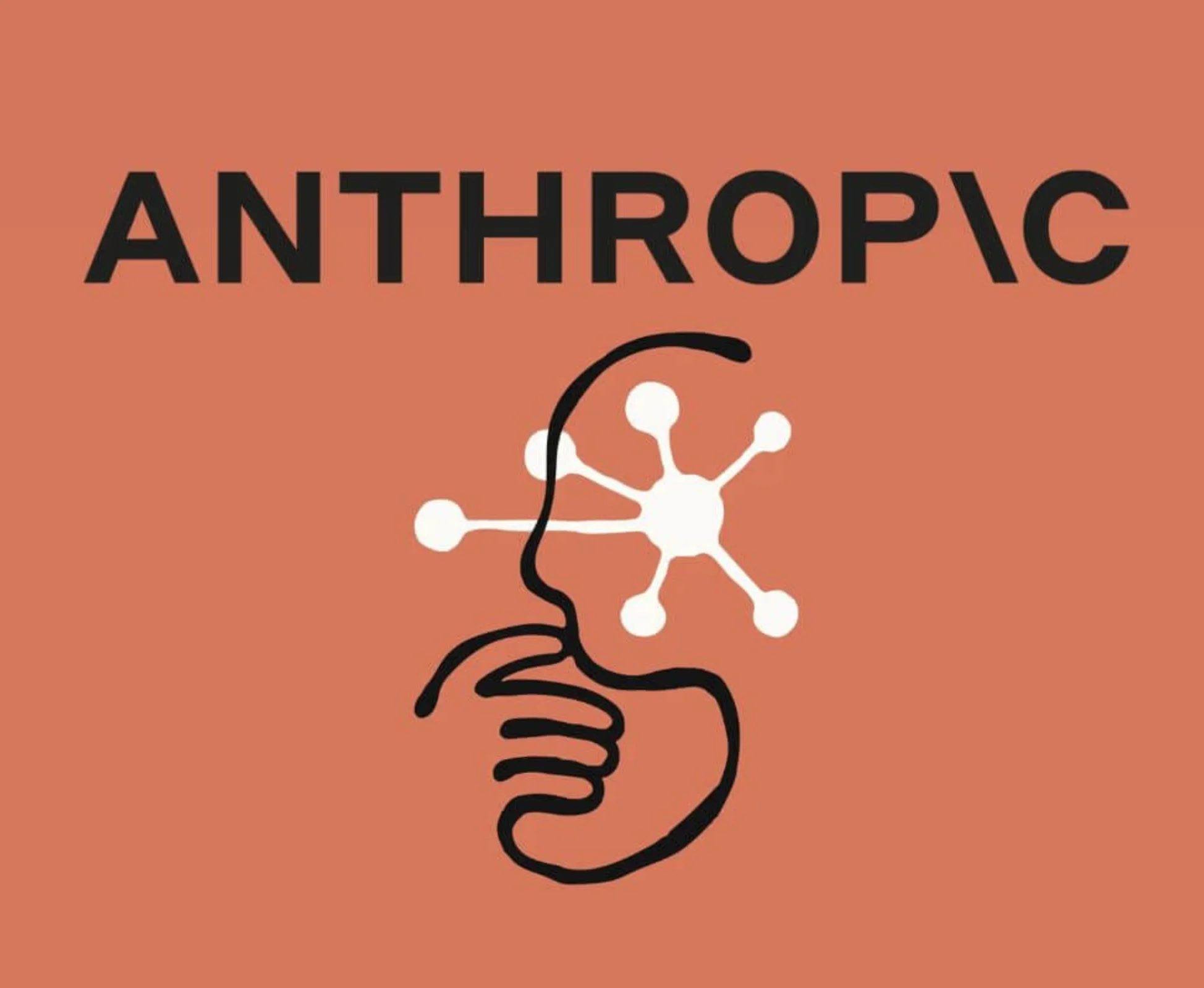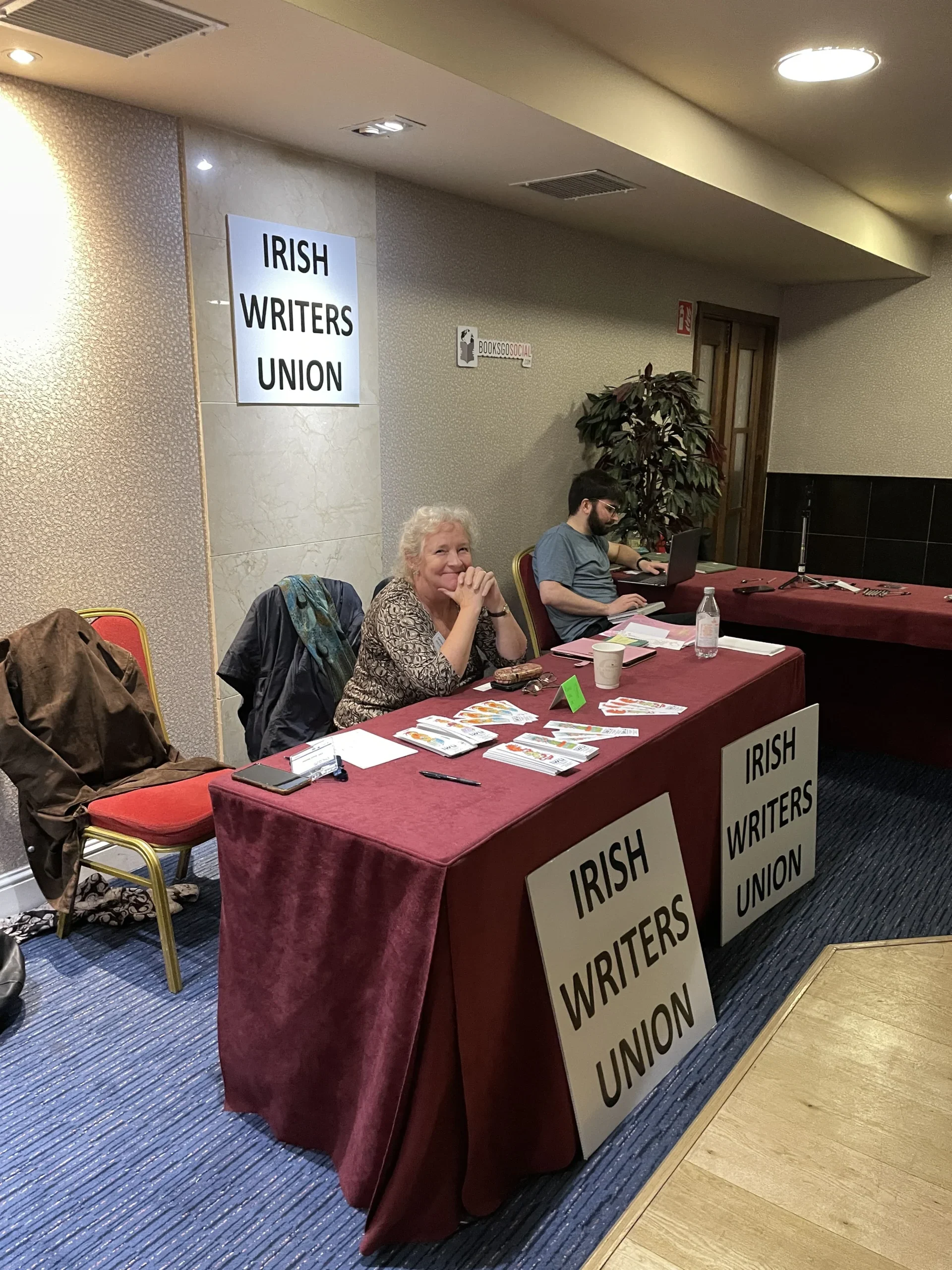What every Irish writer needs to know
By Jonathan Saint

What is copyright and why do we need it?
Copyright is the automatic granting of ownership rights to the author of a work. In theory, copyright is intended to incentivise authors by protecting their intellectual property and allowing them to make money from it.
For copyright to apply, a work must be original and fixed in a tangible form either on paper, saved to a recording device or in some other medium.
In Ireland, copyright is granted for the lifetime of the author of a work and continues for 70 years after their death. Different terms can apply in other countries and for different rights.
How do I protect my writing?
Your work is automatically protected by copyright once it is fixed on paper or in a storage device.
Sometimes it may be difficult to prove a work was created at a specific point in time. An author can create such proof by sending a registered copy of the work to themselves, keeping the receipt and leaving the postmarked envelope unopened.
What is not protected by copyright?
Ideas can’t be copyrighted.
Some works are too small to be protected as copyright works. For example, single words, names, titles, slogans and headlines are unlikely to be protected by copyright.
Is writing considered Intellectual Property?
Copyright is a subset of Intellectual Property (IP). IP includes industrial property like patents, designs, trade secrets and trademarks as well as copyright. Copyright includes literary works like novels, plays, poems, movies, music, art, photography, sculpture, software and databases. It also protects artists and producers as well as broadcasters’ rights in live or recorded performances (also known as “neighbouring” or “related rights”).
What are the types of Intellectual Property Rights?
Rightsholders are the creators of copyright works and their heirs, (because the legal term of copyright stretches for 70 years after the death of the creator). Publishers and producers are also rightsholders where rights have been transferred to them from authors and their heirs. Rightsholders have the exclusive right to use (or authorise others to use) the work they have created. Such uses include reproduction, performance, recitation, broadcast, translation, adaptation, distribution and online dissemination.
There can also be a collection of related rights associated with a copyright work. For example, the right of the voice artist in a talking book, or the page design in a published book. A publisher owns the copyright in the typography of editions of a work for a period of 50 years from the date first made lawfully public.
Where a work is made in the course of employment, the copyright in the work belongs to the employer unless there is an agreement to the contrary. For example, newspaper proprietors own the copyright in what their employees publish in their newspapers.
Terms of Protection
Sound recordings
50 years after the recording is made orfirst made available to the public. But, where a sound recording was created on or after 1 November 2013, the term of protection is 70 years after the sound recording was made.
Broadcasts and cable programmes
50 years after the broadcast is first transmitted and for cable programmes, 50 years after the date the work is first made available to the public.
Computer-generated works
70 years after the date the work is first made available to the public.
After the period of copyright protection expires a work is said to be “in the public domain”. This means that the work becomes available for use without the permission of the copyright owner.
What is copyright law in Ireland?
In Ireland, the relevant law for copyright is the Copyright and Related Rights Act, 2000. It has been amended many times, most notably in 2019 by the Copyright and Other Intellectual Property Law Provisions Act, 2019 which introduced certain recommendations of the Copyright Review Committee (especially from its 2013 report “Modernising Copyright”).
One notable change under the 2019 amendment was to extend the jurisdiction for copyright infringement claims from the High Court to the District and Circuit Courts. This significantly reduces the time and cost of making claims against infringement.
The EU Directive on Copyright in the Digital Single Market came into force in June 2019. It is a more far-reaching reform of copyright law, especially regarding digital content. Ireland is obliged to transpose this directive into Irish law by June 2021 and is likely to further amend the copyright laws of 2000 and 2019.
When can someone use my copyright work?
Generally speaking, your work is protected from copying without your consent. It is your exclusive right to grant permission for someone to copy or perform your work. Granting permission is a right you can transfer to third parties: for example, your publisher or agent.
There are, however, some exceptions that allow your protected work to be copied without your consent.
What is Fair Dealing?
A work may be used for the purposes of research or private study without the permission of the author, provided it does not prejudice the rights of the copyright owner.
The work may also be used for criticism or review or for reporting current events, provided that the author and the title of the work are acknowledged.
This bundle of exceptions is known as “fair dealing”. The making of multiple copies of a work would not qualify as fair dealing.
Education exception
There is an exception that works can be copied and shared for education, once they are on a non-commercial basis. There are limits to this kind of usage, usually one chapter or 5% of a book, whichever is greater.
All schools and third level institutions in Ireland pay a licence fee per student to the Irish Copyright Licensing Agency (ICLA) in respect of this exception. The ICLA then distributes these licence fees to rightsholders based on the material that is being copied or used.
Other exceptions
A protected work can be used for text and data mining in certain circumstances but only for non-commercial purposes.
An exception exists for the reporting and broadcasting of lectures and political speeches once not prohibited by the speaker or copyright owner. The report or broadcast must be a true and direct record of the spoken words and must not subsequently be used for commercial gain.
What can I do if I feel someone has infringed my copyright?
Rightsholders themselves, or licensees, have the right make claims against alleged infringers through the District or Circuit Courts. In the first instance send a ‘take down’ or ‘cease and desist letter’, then, if there is no response, escalate to the courts.
Getting published in Ireland
There are different ways to become a published author. Your work could be accepted for publication by a publisher. In this case you will sign an author contract through which you will license some or all of your rights in the work to the publisher for a period of time. Usually, copyright in the work remains with you, but you are licensing specific rights to the publisher according to the contract.
You may also decide to self-publish your work. In this case you will retain control of the rights in the work to sell or license at your discretion.
Sometimes, you may submit your work for publication in a journal, anthology or online on a website. Usually, the copyright in the work will remain with the author, but the journal or site will have licensed the right to publish exclusively for a limited period, or non-exclusively for a longer, or unlimited period. It is a good idea to know how the journal treats material before you submit.
FAQs
How do I copyright my book?
Copyright is automatic once your work is original and in a tangible or fixed form (on paper or saved on a file). You don’t need to do anything further, registration is not required.
You can use the © sign with your name and the year from which you are claiming copyright as a reminder.
Sometimes it may be difficult to prove a work was created at a specific point in time. An author can create such proof by sending a registered copy of the work to themselves, keeping the receipt and leaving the postmarked envelope unopened.
How much does it cost to copyright a book?
It’s automatic and free.
Are self-published books copyrighted?
Yes. Once they are original and in a tangible or ‘fixed’ form.
How do I get an ISBN number for my self-published book?
It is not a legal requirement to have an ISBN for your book, but it is very strongly recommended. If you’re self-publishing in Ireland, you can purchase you ISBNs online from Nielsen UK ISBN store. You can buy a single ISBN or in blocks of ten or more.
ISBNs also allow you to enter information to help with marketing support.
Can I use the copyright symbol without registering?
You can. The © symbol has no legal status but acts as a reminder that you are asserting your rights as a rights holder.
What are some examples of copyright infringement?
One obvious infringement is when you copy and sell someone’s work without their permission.
Hiring or renting a work without permission is also an infringement of copyright.
Adding recorded music to a video that you are making is copyright infringement if you have not obtained permission.
If you use photographs, artwork or graphics without the creator’s permission in a website, or on a poster or flyer you are infringing copyright.
How do I copyright a poem?
Copyright in a poem is automatic, just like a book or artwork, once it is original and in a fixed or tangible form.
How do I copyright a play?
Similarly, copyright in a play or screenplay is automatic, once it is original and in a fixed or tangible form.
Does posting on Facebook infringe copyright law?
Yes, you can only post content that you’ve created yourself.
You can infringe someone else’s copyright by posting on Facebook, even if you:
- Bought or downloaded the content (e.g.: a song from iTunes).
- Recorded the content onto your own recording device (e.g.: a song playing in the background during a party, concert, sporting event, wedding, etc.).
- Gave credit to the copyright owner.
- Included a disclaimer that you didn’t intend to infringe copyright.
- Didn’t intend to profit from it.
- Modified the work or added your own original material to it.
- Found the content available on the internet.
- Saw that others posted the same content as well.
- Said that the use is a fair use.
How long does copyright last in Ireland?
70 years after the death of the author of the work. Works enter the public domain on 1st January of the 71st year after death.
How do you prove ownership of copyright?
You will need to be able to show that you created the work before the copy that you believe is infringing your copyright.
Can I reproduce copyrighted material?
Only under certain circumstances and within limits. Usually only for non-commercial purposes, and not to such an extent that it undermines the rightsholder’s ability to make money from their work.
How do I contact rightsholders?
A good place to start is the copyright notice on the book although often you’ll need to contact the publisher.
Possible references for publisher contact details include the Writers and Artists Yearbook, the Irish Writers Guide, or you could try the WATCH file. Living authors can be contacted care of their publisher or perhaps through the Irish Writers Union or the ICLA.
Jonathan Saint is Chair of the ICLA (2018-2020). He has worked in publishing for over 20 years and is now a writer.
